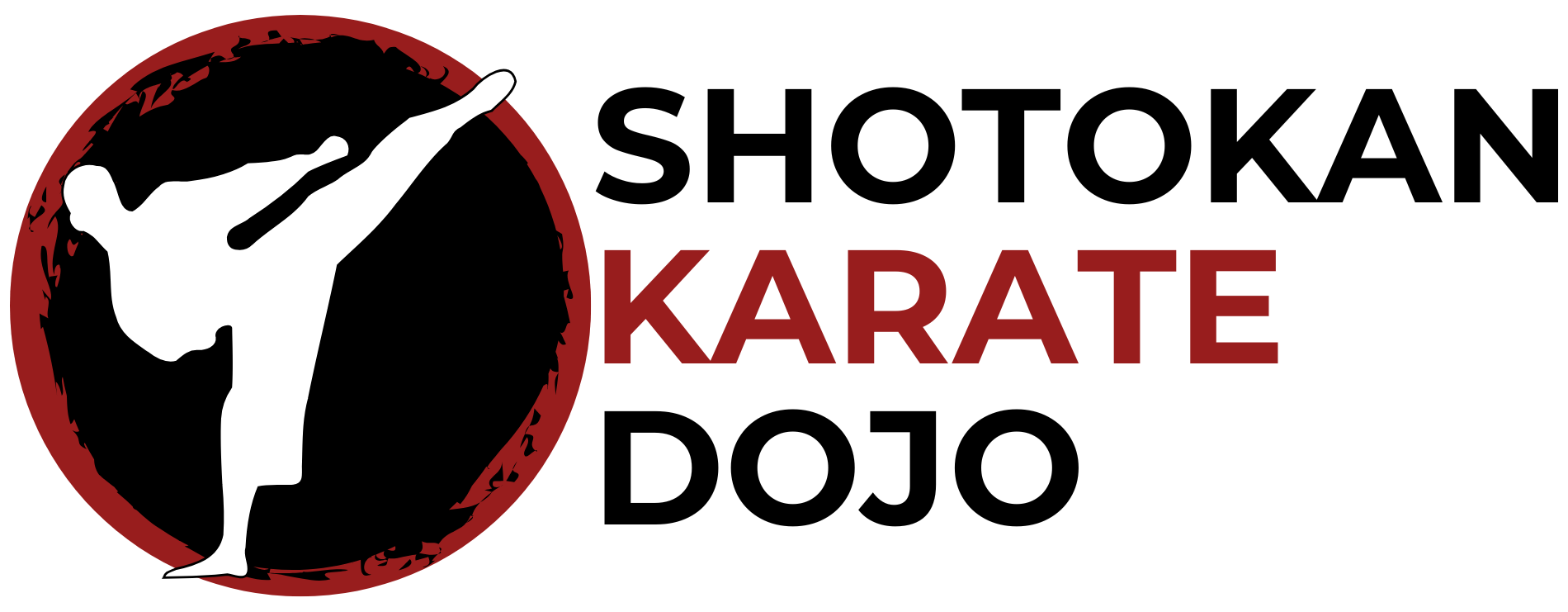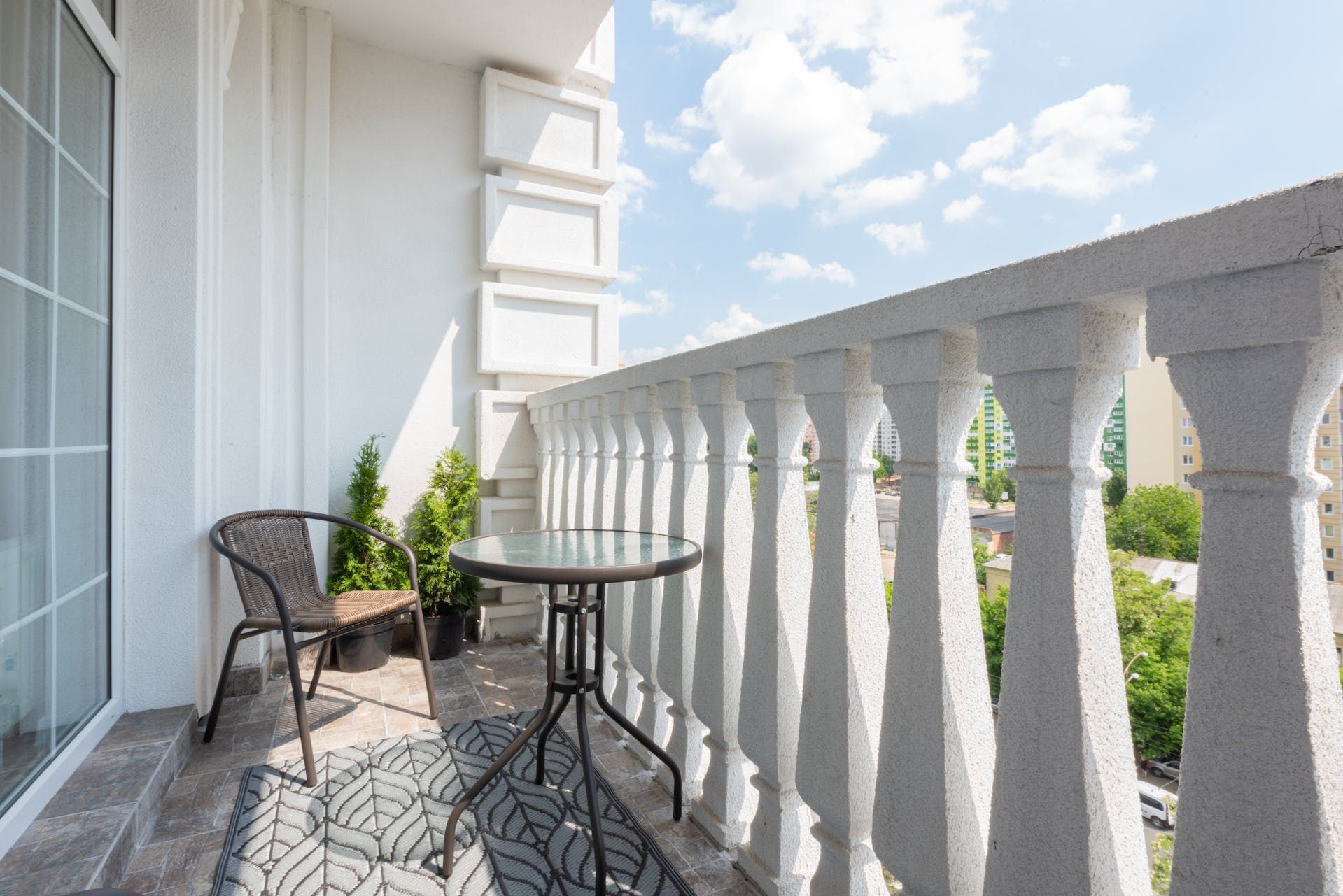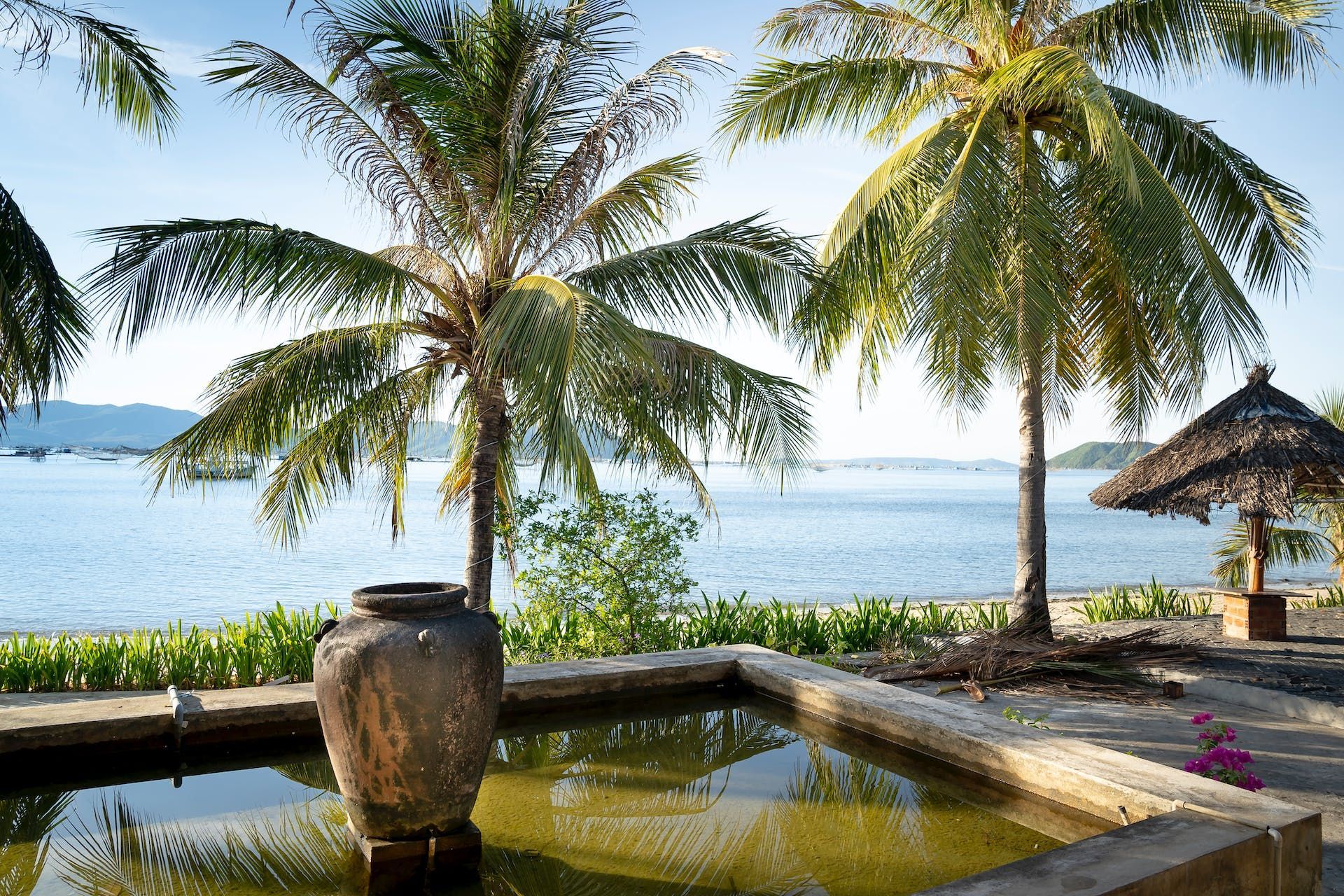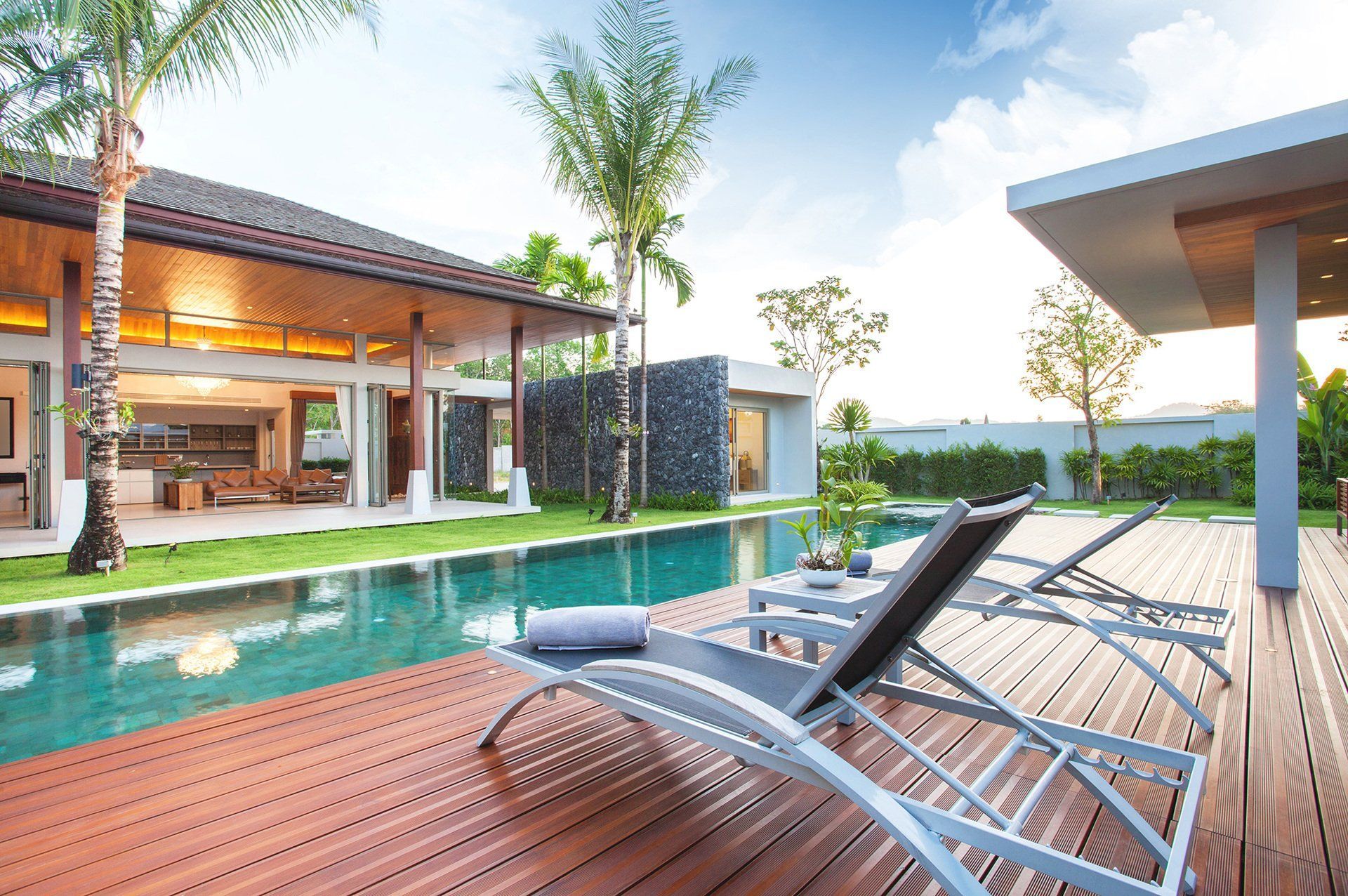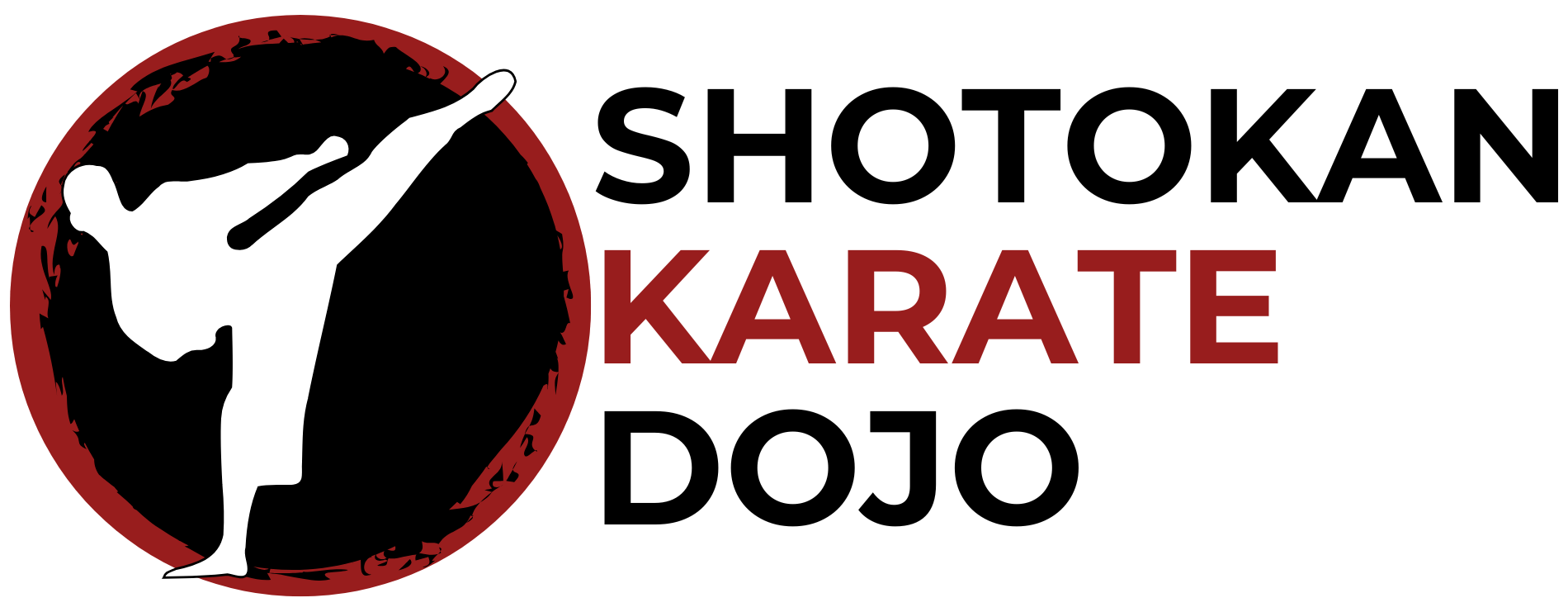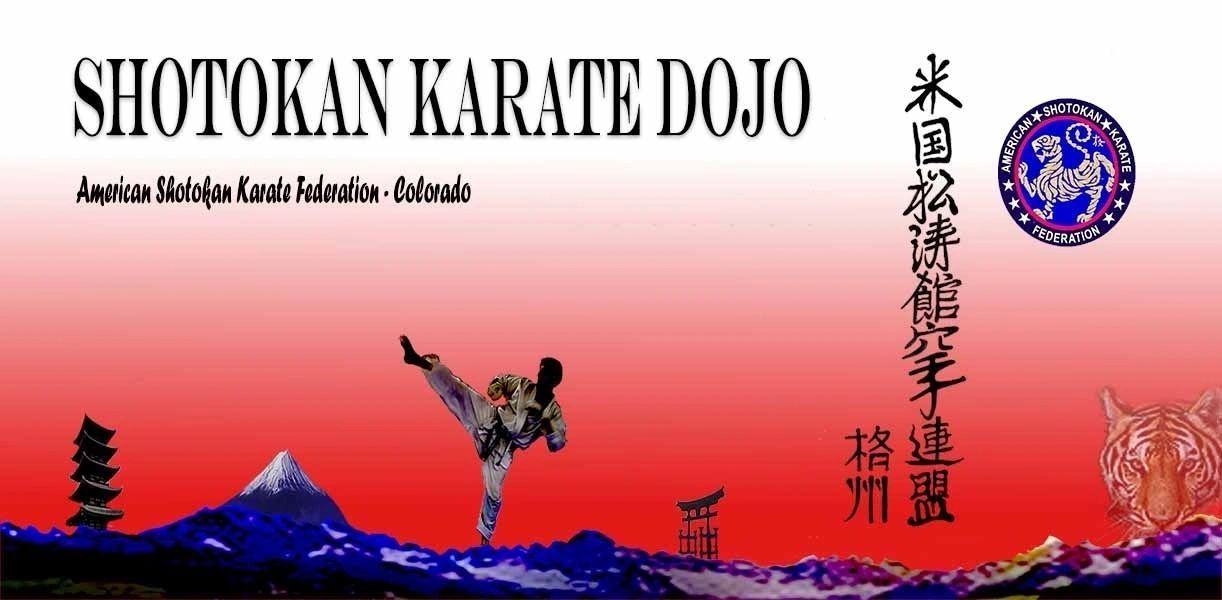
WHAT YOU CAN LEARN
Shotokan Karate Dojo
The Real World of Karate
What You Can Learn at the Shotokan Karate Dojo
Shotokan Karate-do, a traditional and dynamic martial art, is practiced daily worldwide. While its primary purpose is physical self-defense, Shotokan Karate also strengthens the body, nurtures the mind, and builds superior character. This ancient discipline is designed not just for physical combat, but to cultivate a holistic approach to well-being, making it ideal for both children and adults. In Japan, Karate is practiced for its health benefits and mental clarity, providing a foundation for a balanced life.
The roots of Karate, influenced by Chinese martial arts, can be traced to Okinawa, where it evolved into To-de and was later renamed karate by the Japanese. In 1922, Master Gichin Funakoshi arrived in Japan and began to formalize this combat style, eventually developing Shotokan Karate, which became one of the most sophisticated and effective martial arts in the world. Karate's growth culminated in its first inclusion in the 2020 Olympics in Tokyo, marking a significant milestone in its global recognition.
More Than Just a Fighting Art
The Full Karate Experience
Shotokan Karate is more than just a method of physical self-defense. It is an entire lifestyle that teaches practitioners to defend themselves against adversaries, regardless of size, sex, number of attackers, or whether weapons are involved. Shotokan Karate combines techniques passed down from Okinawan and Chinese martial arts, evolving into a highly effective combat system.
The training emphasizes karate techniques, but its influence extends far beyond the physical aspects. Studies have shown that practicing karate enhances brain activity, leading to improved learning and cognitive function, particularly in children. The mental discipline developed in Karate helps improve focus, social skills, and emotional resilience, making it beneficial for personal development.
Karate for Health and Longevity
Numerous studies and historical records highlight the health benefits of Karate. Karate practitioners are known for living longer, healthier lives. In an era where many populations struggled with health issues, karate masters lived significantly longer, often into their 70s and 80s. As Gennosoke Higaki notes, Karate training "develops the bones and muscles, aids in digestion, and improves circulation," contributing to better overall health.
In fact, martial arts—and particularly Shotokan Karate—are widely recognized for their positive impact on longevity and quality of life. The rigorous training required to master karate makes the body more resilient, flexible, and capable of handling stress, all of which contribute to a longer, healthier life.
Building Mental Toughness Through Karate Training
In addition to physical benefits, Shotokan Karate is a powerful tool for building mental toughness. The discipline required in karate extends to other areas of life, improving one's confidence, willpower, and ability to confront challenges. A karate-ka (karate practitioner) develops greater emotional resilience and mental clarity through regular practice. These qualities enable students to perform better socially and in professional environments, transforming them into leaders in their communities.
"Karate-do is not merely a sport that teaches how to strike and kick; it is also a defense against illness and disease." – Master Gichin Funakoshi
At Shotokan Karate Dojo, we teach that karate is more than a self-defense technique; it is a way of life. We focus on the core values of respect, perseverance, and honor, making Karate an ideal practice for those seeking personal growth as well as physical fitness.
Karate Techniques and Self-Defense
Unlike other martial arts, karate (meaning "empty hand") teaches practitioners to use their own body as a weapon. Shotokan Karate emphasizes using one’s body for self-defense rather than relying on external tools or weapons. However, Karate also teaches techniques for disarming opponents and using their weapons against them in case of a confrontation.
At Shotokan Karate Dojo, students are trained in the traditional techniques of karate, such as kihon (basics), kata (forms), and kumite (sparring). Additionally, we offer self-defense classes, teaching practical, real-world applications of karate techniques.
Our curriculum also includes lessons on karate culture, including Japanese and Okinawan language, history, and philosophy. This holistic approach ensures that students gain a deeper understanding of the martial art and its cultural significance..
Karate for Sport and Competition
In addition to self-defense, Shotokan Karate offers opportunities for competitive karate. At Shotokan Karate Dojo, we offer training in both JKA-style karate and Olympic-style karate, with a focus on local tournament circuits. Students who wish to compete at the highest levels have access to Olympic officials, ensuring that they are prepared for international competition.
While karate competitions can be intense, we emphasize good sportsmanship and respect for others. Our approach to competition is rooted in the traditional aspects of karate-do, ensuring that students not only compete effectively but do so with the values of respect, humility, and discipline.
Jujitsu
Shotokan Karate consists of two components: jutsu (the physical techniques) and do (the way or path). To truly master Karate, one must begin with jutsu, learning the physical movements and techniques. As students progress, they move into do, where the true essence of Karate is realized—not just as a form of combat, but as a lifelong journey of personal and spiritual development.
The practice of kihon (basics) and kata (forms) lays the foundation for the bunkai (application of forms), ensuring that each student can effectively apply their skills in real-world scenarios. Karate also teaches anti-bullying techniques, enabling students to defend themselves and others against aggression in various settings.
Cultural Understanding in Karate
Karate is not just a physical discipline—it is deeply rooted in Japanese and Okinawan culture. Understanding the philosophy, history, and language of Karate is essential for true mastery. Shotokan Karate Dojo incorporates cultural teachings into our curriculum, ensuring that students gain a comprehensive education that goes beyond physical techniques.
Meet the Instructors
Sensei David Gould (Kyoshi), Roku Dan (6th Degree Black Belt), is the Chief Instructor at Shotokan Karate Dojo. With over 35 years of training, he is a senior instructor with the American Shotokan Karate Federation (ASKF) and has vast experience in JKA-style karate. He is an expert in competitive training, self-defense techniques, and karate-do philosophy.
Sensei Justin Butler (Hanshi-ISKA), Hatchi Dan (8th Degree Black Belt), has over 55 years of training and is the Regional Director of ISKA in Colorado. A certified shiatsu expert, he brings a unique approach to karate instruction that blends martial techniques with traditional Japanese philosophies.
Contact Us for More Information
To learn more about our security training programs, self-defense classes, and upcoming course schedules, please feel free to contact us. Our team is available to answer any questions and provide you with additional information about which courses will best suit your needs.
